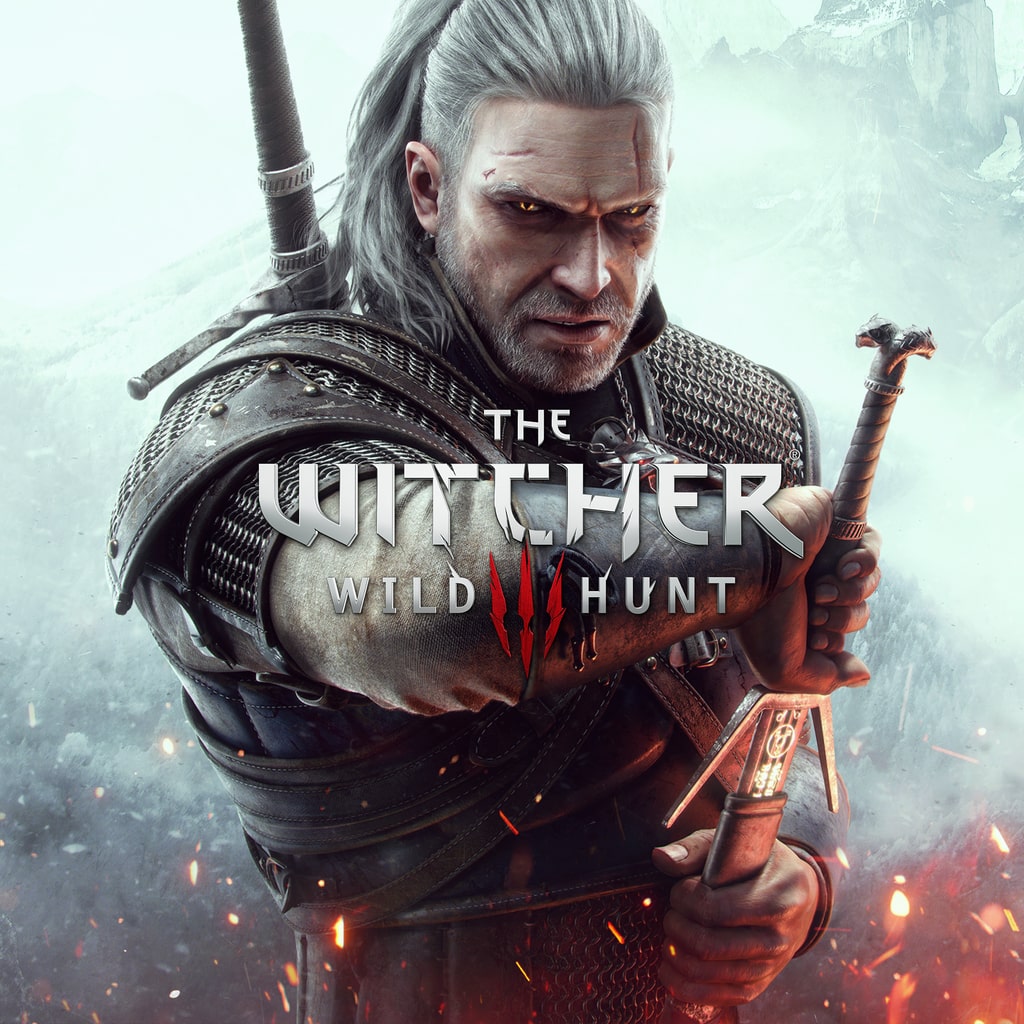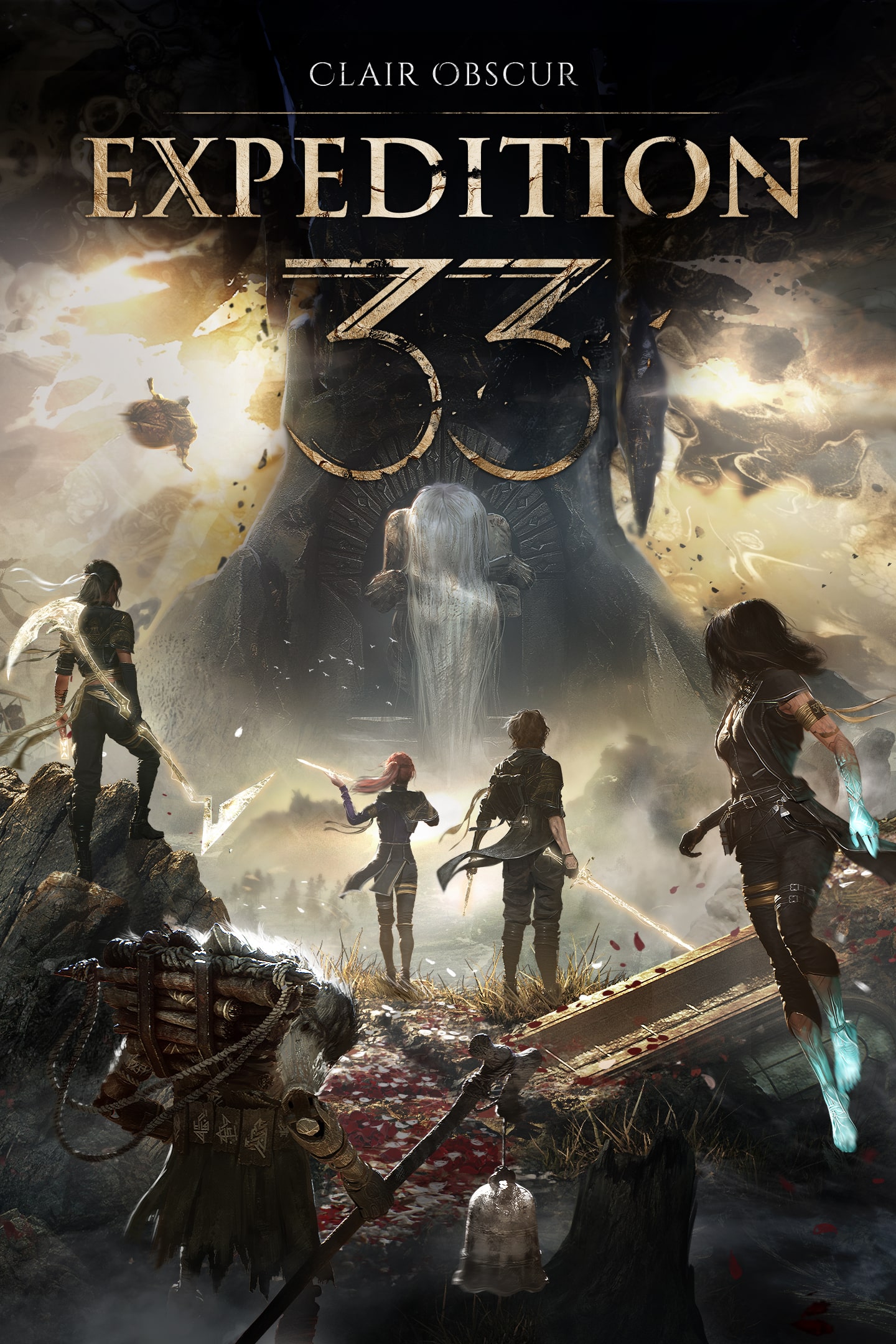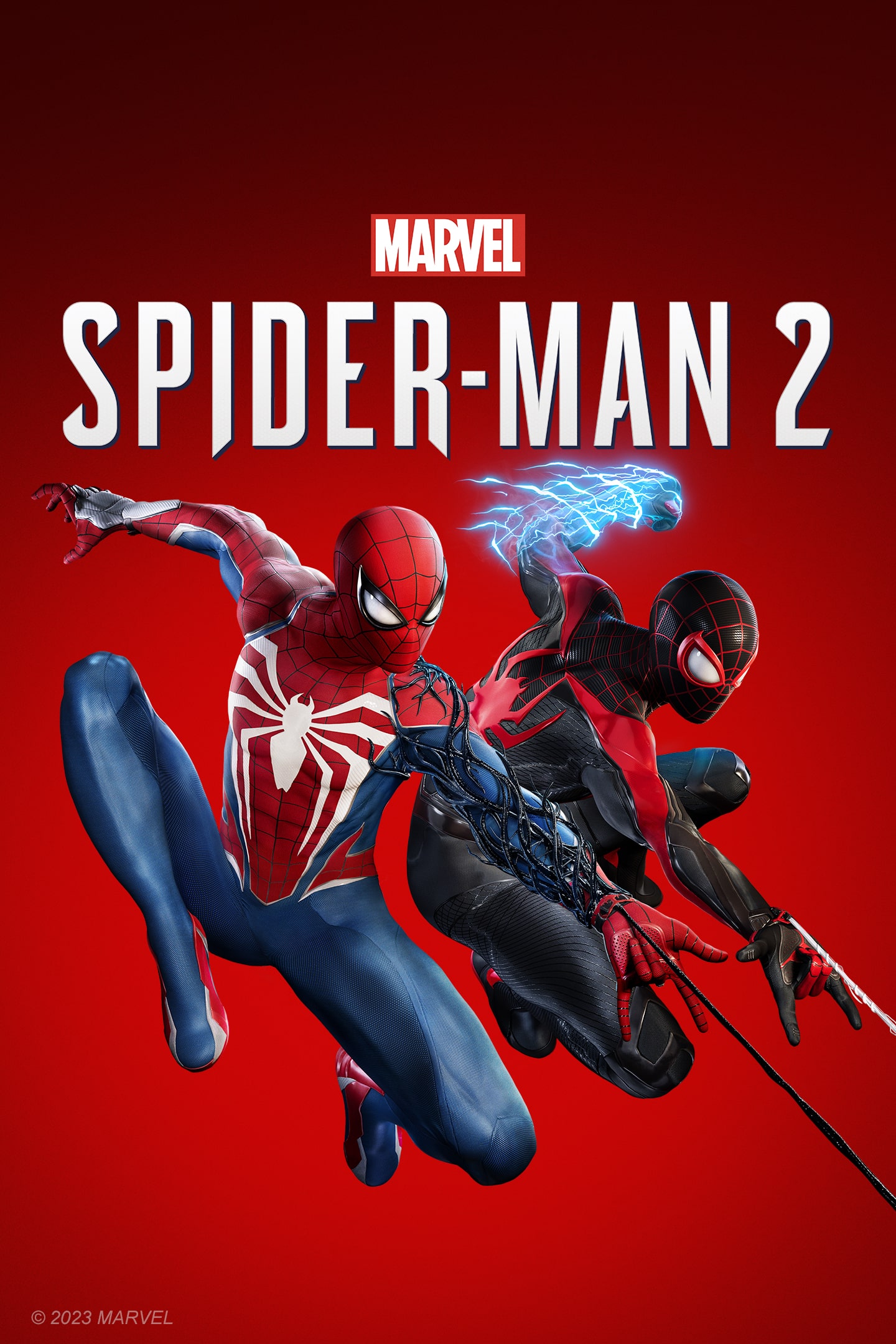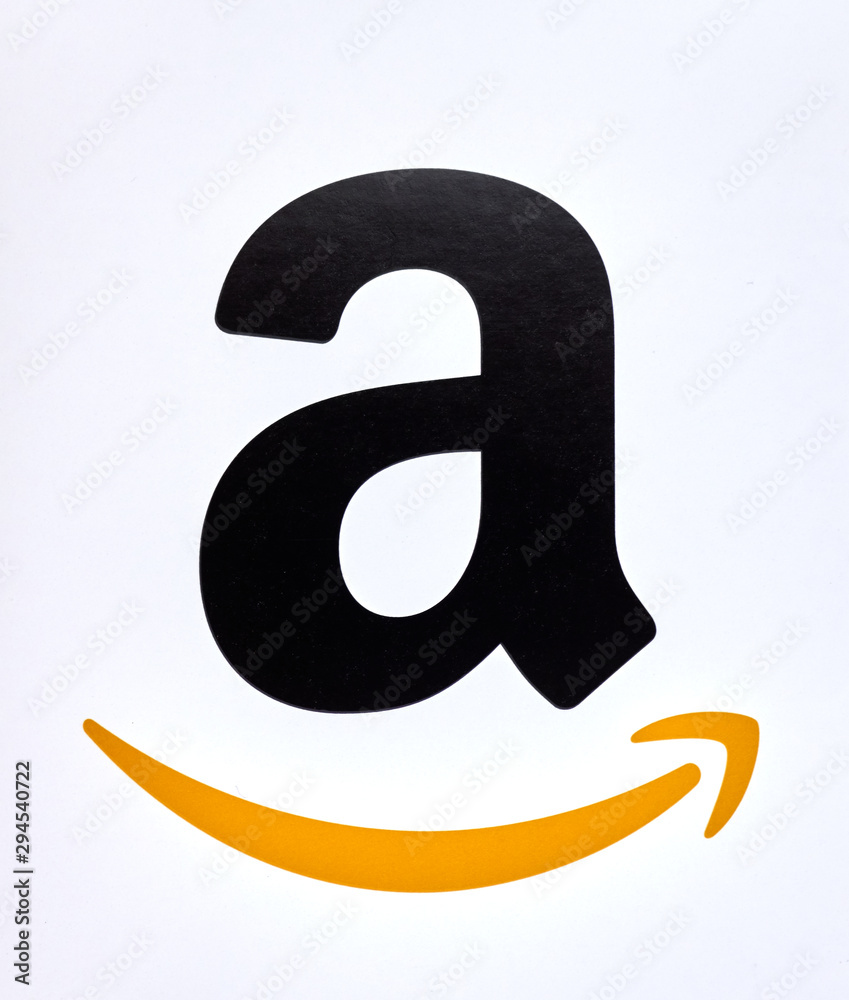Where to Buy The Witcher 3: Wild Hunt
The Witcher 3: Wild Hunt Gameplay Video
Error: Database connection failed for comparison slider.
The Witcher 3: Wild Hunt Key Specifications
| Specification | Detail |
|---|---|
| Engine | REDengine 3 |
| Genre | Action RPG, Open World, Fantasy, Third-Person |
| Initial Release | 2015-05-19 |
| Developer | CD Projekt Red |
| Publisher | CD Projekt / Warner Bros. / Bandai Namco |
| Setting | The Continent (Velen, Novigrad, Skellige Isles, Kaer Morhen, Toussaint - DLC) |
| Perspective | Third-Person |
| Platforms | PC, PlayStation 4, PlayStation 5, Xbox One, Xbox Series X|S, Nintendo Switch |
| Multiplayer | None (Single-Player Only) |
| Unique Feature | Deep Branching Narrative with Meaningful Choices, Mature Storytelling, Gwent Card Game, Witcher Signs Combat, Extensive Alchemy & Crafting, Monster Contracts. |
The Witcher 3: Wild Hunt System Requirements
Original_1080p
tune Minimum (Original - 1080p ~30 FPS, Low/Medium Preset) – Low to Medium Preset (Original Game)
tune Recommended (Original - 1080p ~60 FPS, High Preset) – High Preset (Original Game)
Next_Gen_Update_1080p_No_RT
tune Medium (Next-Gen - 1080p ~60 FPS, Medium/High Preset, No RT) – Medium/High Preset, Ray Tracing OFF, DLSS/FSR Quality possibly
Next_Gen_Update_1440p_With_RT
tune High RT (Next-Gen - 1440p ~30-60 FPS, High Preset, RT On, DLSS/FSR Balanced/Performance) – High Preset, Ray Tracing On (e.g., RTAO/RTGI), DLSS/FSR Balanced or Performance
Next_Gen_Update_4K_With_RT_Ultra
tune Ultra RT (Next-Gen - 2160p/4K ~30-60 FPS, Ultra Preset, RT Ultra, DLSS Performance/Ultra Performance) – Ultra Preset, Ray Tracing Ultra (All options), DLSS Performance or Ultra Performance
The Witcher 3: Wild Hunt Laptop Recommendations
-
Core Requirements
- desktop_windowsOperating System: Windows 7, Windows 8/8.1, Windows 10 (64-bit)
64-bit OS required. Windows 10/11 64-bit recommended for Next-Gen Update features like ray tracing (DX12).
- memoryDirectX: DirectX 11 (Original), DirectX 12 (for Ray Tracing in Next-Gen Update)
DX11 for base game, DX12 required for ray tracing features.
- save_altStorage Note: Approx. 50 GB available space (SSD Recommended). Size may increase with DLCs and HD Texture mods.
An SSD is highly recommended for faster loading times and smoother world traversal.
settings_applications Optimization Notes:
Upscaling: Next-Gen Update added support for NVIDIA DLSS (Super Resolution & Frame Generation), AMD FSR 2, and Intel XeSS.
Key Settings: NVIDIA HairWorks (very demanding), Shadow Quality, Foliage Visibility Range, Grass Density, Texture Quality, Ambient Occlusion, Water Quality, and Ray Tracing (Global Illumination, Reflections, Shadows, AO - Next-Gen Update) heavily impact performance.
The Witcher 3: Wild Hunt: Map Size and Regions
The game features several large, distinct open-world regions rather than one single contiguous map. These include: White Orchard (prologue area), Velen & Novigrad (a massive combined region of swamps, forests, battlefields, and the large city of Novigrad), Skellige Isles (an archipelago of mountainous, Viking-inspired islands), Kaer Morhen (a smaller mountainous region with the Witcher keep), and later through DLCs, Toussaint (a vibrant, fairy-tale duchy). The total landmass is estimated to be very large (e.g., Velen/Novigrad alone is often cited as over 100 sq km, with Skellige adding another significant portion). Each region is densely packed with quests, points of interest, monster nests, and hidden treasures.
The Witcher 3: Wild Hunt: Post-Launch Content / DLC
CD Projekt Red released 16 free DLCs (cosmetic items, small quests, New Game+). Two major paid expansions were released: 'Hearts of Stone' (a lengthy, dark, and story-focused adventure with new characters and a compelling narrative) and 'Blood and Wine' (a massive expansion set in the new region of Toussaint, with a new main storyline, numerous side quests, new monsters, gear, and a player home vineyard). Both expansions are critically acclaimed.
The Witcher 3: Wild Hunt: Game Editions
Available in Standard Edition. A Collector's Edition included a Geralt vs. Griffin statue, SteelBook, artbook, medallion, map. Later, a Game of the Year Edition (or Complete Edition) was released, bundling the base game with both major expansions ('Hearts of Stone' and 'Blood and Wine') and all free DLCs. The Next-Gen Update (Patch 4.0) was a free upgrade for existing owners on PC, PS5, and Xbox Series X|S.
The Witcher 3: Wild Hunt: Cross-Platform / Crossplay
The Witcher 3: Wild Hunt is a single-player game and does not feature any multiplayer modes, therefore no cross-platform play. However, CD Projekt Red implemented cross-progression for saves between PC and modern console versions (PS5, Xbox Series X|S) with the Next-Gen Update, allowing players to continue their progress across these platforms.
The Witcher 3: Wild Hunt Specific Game Elements
The Witcher 3: Wild Hunt Weapons
- securityBombs (Grapeshot, Samum, Dancing Star, Northern Wind, Dimeritium, Moon Dust, Devil's Puffball) (Throwable (Area of Effect, Debuff, Utility))
Craftable alchemical explosives with diverse effects: Grapeshot (shrapnel damage), Samum (stuns), Dancing Star (fire), Northern Wind (freezes), Dimeritium (blocks magic/mutations), Moon Dust (reveals invisible foes), Devil's Puffball (poison cloud).
- securityCrossbows (Ranged (Utility/Underwater))
A secondary ranged weapon. Primarily used for grounding flying enemies, underwater combat against Drowners, or triggering environmental interactions. Various bolt types can be crafted (standard, broadhead, explosive, tracking).
- securityFists (Brawling) (Melee (Unarmed))
Geralt can engage in unarmed combat, particularly during fist fighting side quests and tournaments.
- securityRelic & Magic Weapons (Unique Named Items) (Varied (Steel & Silver))
Unique named swords found as quest rewards, loot from powerful enemies, or in hidden locations. Often have special properties, higher base damage, or unique visual designs (e.g., Aerondight, Iris, Winter's Blade).
- securitySilver Swords (Melee (Primary vs. Monsters))
Geralt's specialized weapon for fighting monsters, as silver is effective against most supernatural creatures. Similar variety and upgrade paths as steel swords (e.g., Aerondight, various Witcher school silver swords).
- securitySteel Swords (Melee (Primary vs. Humans & Non-Monsters))
Geralt's primary weapon against human opponents and common animals. Various types exist (e.g., Longclaw, Vitis, various relic swords) with different stats, rune slots, and appearances. Can be crafted or found.
- securityWitcher Gear Swords (Feline, Griffin, Ursine, Wolven, Viper, Manticore) (Craftable/Upgradable (Steel & Silver))
Specialized sets of swords belonging to different Witcher schools. Each set offers unique stat bonuses and visual styles, often complementing the armor sets of the same school (e.g., Feline swords for fast attacks and bleed, Ursine for strong attacks and adrenaline).
The Witcher 3: Wild Hunt Vehicles
- directions_carBoats (Skiffs, Sailboats) (Watercraft)
Used for navigating rivers, lakes, and the seas around the Skellige Isles. Includes small rowboats/skiffs and larger sailboats. Some boats are equipped with a fast travel point. Vulnerable to Sirens and other aquatic threats.
- directions_carFast Travel (Signposts) (Map Traversal Mechanic)
Once Geralt discovers a Signpost in the world, he can use it (or any other discovered Signpost) to instantly travel to any other known Signpost location, greatly reducing travel time across large distances.
- directions_carRoach (Geralt's Horse) (Primary Mount / Living Vehicle)
Geralt's loyal and ever-present horse (regardless of how many times a 'Roach' might perish, the next one is also named Roach). Essential for traversing the vast open world. Can be called with a whistle. Allows for mounted combat, and can be equipped with saddles (for stamina), saddlebags (for increased inventory weight), blinders (to reduce panic), and trophies (for passive buffs).
The Witcher 3: Wild Hunt Characters
- personAvallac'h (Crevan Espane aep Caomhan Macha) - Key NPC / Aen Saevherne (Elven Sage)
An ancient and knowledgeable elven sage with a deep connection to Ciri and the Elder Blood. His motives are often enigmatic, acting as both a guide and a manipulator.
- personCiri (Cirilla Fiona Elen Riannon) - Deuteragonist / Child of Prophecy / Witcher Trainee
The ashen-haired princess of Cintra and possessor of the Elder Blood, granting her immense magical power, including the ability to travel through space and time. Geralt's adoptive daughter, pursued by the Wild Hunt. Playable in specific story segments, showcasing her unique teleportation-based combat style.
- personCrach an Craite - Ally / Jarl of Clan an Craite (Skellige)
A powerful and honorable Skellige Jarl, uncle to Ciri through his sister Calanthe, and a friend to Geralt and Yennefer. Father of Hjalmar and Cerys.
- personDandelion (Julian Alfred Pankratz, Viscount de Lettenhove) - Ally / Bard / Geralt's Best Friend
A flamboyant and renowned poet, minstrel, and Geralt's loyal (if sometimes troublesome) best friend. Often provides comic relief and narrates parts of the story through his ballads.
- personEmperor Emhyr var Emreis (The White Flame Dancing on the Barrows of his Foes) - Antagonist / Ruler of Nilfgaard / Ciri's Biological Father
The powerful and ruthless Emperor of Nilfgaard, waging war against the Northern Kingdoms. He is Ciri's biological father and seeks to find her for political and personal reasons.
- personEredin Bréacc Glas (King of the Wild Hunt) - Main Antagonist / Leader of the Wild Hunt
The fearsome king of the Aen Elle elves from another dimension, leader of the spectral Wild Hunt. He relentlessly pursues Ciri to harness her Elder Blood power for his own purposes.
- personGeralt of Rivia - Protagonist / Witcher (School of the Wolf) (playable)
The main playable character. A renowned professional monster slayer, mutated and trained from a young age. He is searching for his adoptive daughter, Ciri, while navigating complex political conflicts and personal relationships. Known for his dry wit, pragmatism, and combat prowess.
- personImlerith & Caranthir Ar-Feiniel - Antagonists / Generals of the Wild Hunt
Two of Eredin's most powerful generals. Imlerith is a brutal warrior, while Caranthir is a skilled mage specializing in ice and teleportation.
- personKeira Metz - Ally / Sorceress / Former Advisor to King Foltest
A sorceress hiding in Velen after the witch hunts. She assists Geralt with information and magic, and has her own ambitions.
- personPhillip Strenger (The Bloody Baron) - Key NPC / Warlord of Velen
A complex and tragic figure, a former Temerian soldier who has become the self-proclaimed ruler of Velen. His questline to find his missing wife and daughter is a major, dark storyline.
- personSigismund Dijkstra - Key NPC / Former Head of Redanian Intelligence / Novigrad Underworld Figure
A cunning spymaster and influential figure in Novigrad's criminal underworld. Often an information broker for Geralt, with his own political agenda.
- personTriss Merigold - Ally / Sorceress / Geralt's Friend & Potential Love Interest
A skilled Temerian sorceress, close friend to Geralt and Yennefer, and another important figure in Ciri's life. Known for her kindness, loyalty, and powerful fire magic. A potential romantic interest for Geralt.
- personVesemir - Ally / Witcher Mentor (School of the Wolf)
The oldest and most experienced Witcher at Kaer Morhen, serving as a father figure and mentor to Geralt and other Witchers. Wise, grizzled, and highly skilled.
- personYennefer of Vengerberg - Ally / Sorceress / Geralt's True Love
A powerful and ambitious sorceress from the Lodge of Sorceresses, Geralt's on-again, off-again lover, and a mother figure to Ciri. Known for her striking beauty (violets and gooseberries scent), sharp intellect, and complex morality.
- personZoltan Chivay - Ally / Dwarf Warrior / Geralt's Friend
A boisterous and fiercely loyal dwarven warrior and friend of Geralt and Dandelion. Always ready for a fight or a game of Gwent.
Top 3 Characters (Subjective):
of Rivia: The pragmatic, cynical, yet often compassionate protagonist. His internal struggles, dry wit, and dedication to Ciri make him a beloved character. 2. Ciri (Cirilla Fiona Elen Riannon): The Child of Prophecy, possessor of the Elder Blood, and Geralt's adoptive daughter. Her journey and powers are central to the plot. Playable in certain story segments. 3. Yennefer of Vengerberg: A powerful and fiercely independent sorceress, Geralt's true love, and a mother figure to Ciri. Known for her sharp intellect, ambition, and complex personality.
The Witcher 3: Wild Hunt Missions / Objectives
- flagBlood and Wine DLC Main Questline
Objective: Geralt travels to the vibrant, idyllic duchy of Toussaint to investigate a series of brutal murders. This expansion features a new massive region, a complex storyline involving vampires, knights, and courtly intrigue, and introduces new game mechanics like vineyard management (Corvo Bianco) and Mutations.
- flagFistfighting Championships
Objective: A series of unarmed brawling tournaments across Velen, Novigrad, and Skellige, where Geralt fights progressively tougher opponents to become champion of each region.
- flagGwent Quests (Card Collection & Tournaments)
Objective: A series of quests related to playing and collecting Gwent cards. Includes challenging unique NPCs to matches to win their rare cards, participating in major Gwent tournaments (like the one at the Passiflora in Novigrad), and ultimately aiming to 'Collect 'Em All'.
- flagHearts of Stone DLC Main Questline
Objective: A dark and compelling new main story involving Geralt making a pact with the enigmatic Gaunter O'Dimm (Master Mirror) to fulfill three impossible tasks for Olgierd von Everec, an immortal nobleman. Set primarily in the northeastern Velen/Novigrad region.
- flagHorse Races
Objective: Participate in horse races against NPCs in various regions. Winning races rewards unique horse equipment (saddles, saddlebags, blinders) and money.
- flagMain Questline (The Wild Hunt & Ciri's Fate)
Objective: A sprawling narrative following Geralt's search for Ciri across Velen, Novigrad, and Skellige, while evading and eventually confronting the otherworldly Wild Hunt. Involves major plot points, character reunions, political intrigue, difficult choices, and epic battles. Culminates in one of several possible endings based on player actions.
- flagPoints of Interest Clearing (Bandit Camps, Monster Nests, Guarded Treasures, etc.)
Objective: Numerous '?' markers on the map that represent small combat encounters or explorable locations. Clearing these provides XP, loot, and contributes to regional completion.
- flagSecondary Quests (Major Side Storylines)
Objective: Often lengthy and narratively rich optional questlines that delve into the stories of key supporting characters (e.g., Yennefer, Triss, Keira Metz, The Bloody Baron, Crach an Craite's children Hjalmar & Cerys, Vernon Roche, Sigismund Dijkstra) or explore significant political or social issues within a region. Many feature impactful choices.
- flagTreasure Hunts & Scavenger Hunts (Witcher Gear)
Objective: Quests initiated by finding maps or notes that lead to hidden stashes of valuable loot (Treasure Hunts) or diagrams for crafting powerful Witcher School gear (Scavenger Hunts). Often involve exploring ruins, caves, or solving light environmental puzzles.
- flagWitcher Contracts
Objective: Monster hunting assignments taken from notice boards or directly from NPCs. Geralt must investigate the monster sighting, track the beast using his Witcher Senses, learn its weaknesses from the Bestiary, prepare accordingly (oils, potions, bombs, Signs), and then slay or deal with the monster. Rewards include coin, XP, and sometimes unique items or diagrams.
Top 3 Missions/Objectives (Subjective):
Bloody Baron' Questline (Velen): A lengthy, dark, and emotionally complex main quest involving Baron Phillip Strenger and his family, Ciri, and the Crones of Crookback Bog. Renowned for its mature storytelling and difficult choices. 2. 'Battle of Kaer Morhen': A major story mission where Geralt and his allies defend the Witcher keep from the Wild Hunt. An epic, multi-stage battle with significant character moments. 3. 'Through Time and Space' (Main Quest with Avallac'h): A visually spectacular mission where Geralt and Avallac'h travel through different, alien worlds (Aen Elle, a desert world, a poison gas world) via portals.
The Witcher 3: Wild Hunt Companions / Summons
- groupCiri (Cirilla Fiona Elen Riannon - Temporary Playable & AI) (Human (Elder Blood User))
Ability: During specific story segments, the player takes control of Ciri. She has a unique combat style focused on teleportation (Blink), fast sword attacks, and powerful Elder Blood abilities. When not playable, she sometimes fights alongside Geralt as an AI companion in key narrative moments.
- groupRoach (Geralt's Horse) (Equus caballus (Various Breeds/Colors))
Ability: Geralt's loyal steed and primary means of long-distance travel. Can be called almost anywhere in the open world. Allows for mounted combat (swinging swords, using Signs/crossbow from horseback). Can be equipped with saddles (stamina), saddlebags (inventory capacity), and blinders (reduce panic). Trophies can be attached for passive buffs.
- groupStory-Specific AI Companions (Yennefer, Triss, Eskel, Lambert, Zoltan, Vesemir, Roche, Letho, etc.) (Human, Witcher, Dwarf, Sorceress)
Ability: During various main story quests and major side quests, key characters will temporarily join Geralt as AI-controlled companions. They provide combat support according to their abilities (e.g., Yennefer uses powerful magic, Lambert fights with Witcher skills, Zoltan uses his axe). Their presence is scripted for those missions and they are not persistently commandable.
The Witcher 3: Wild Hunt Collectibles
- collections_bookmarkBooks, Letters, Notes (Lore Items)
Location/Use: Found extensively throughout the world in houses, ruins, on corpses, etc. Provide rich lore, backstory, hints for quests, or initiate new quests. Contributes to the in-game glossary.
- collections_bookmarkGuarded Treasures
Location/Use: Specific locations marked on the map, usually guarded by a powerful monster or group of enemies, protecting a valuable loot chest.
- collections_bookmarkGwent Cards
Location/Use: Collectible cards for the in-universe card game, Gwent. Acquired by winning matches against NPCs, purchasing from merchants, or as quest rewards. There are hundreds of cards across different factions (Northern Realms, Nilfgaard, Scoia'tael, Monsters, Skellige - DLC). A major side activity with its own questline ('Collect 'Em All').
- collections_bookmarkHidden Treasures & Smuggler's Caches
Location/Use: Marked on the map as '?' points of interest, often guarded by enemies or monsters. Contain loot chests with gear, crafting materials, money, or diagrams. Smuggler's Caches are typically found underwater in Skellige.
- collections_bookmarkMonster Nests & Bandit Camps
Location/Use: Locations overrun by monsters or bandits. Geralt must defeat all enemies and destroy the nest (for monsters) or loot the main chest (for bandits) to clear the area, earning XP and rewards.
- collections_bookmarkPersons in Distress (Rescues)
Location/Use: NPCs captured by bandits or monsters. Rescuing them often unlocks new merchants, Gwent players, or provides other minor rewards. Marked as '?' until approached.
- collections_bookmarkPlaces of Power
Location/Use: Glowing standing stones found throughout the world. Interacting with one for the first time grants Geralt one Ability Point and a temporary significant buff to a specific Witcher Sign. Marked on the map once discovered nearby.
- collections_bookmarkSpoils of War (Underwater Treasures)
Location/Use: Sunken ships or chests in bodies of water, particularly around the Skellige Isles, containing valuable loot. Often requires use of the crossbow against Drowners.
- collections_bookmarkWitcher Gear Diagrams (Scavenger Hunts)
Location/Use: Hidden diagrams required to craft and upgrade Witcher School armor and swords. Found by following Scavenger Hunt quests, often in dangerous ruins, caves, or monster lairs across all regions.
Top 3 Collectibles / Side Activities:
Gear Scavenger Hunts: Quests to find diagrams for crafting and upgrading powerful Witcher School armor and swords (Cat, Griffin, Bear, Wolf, Viper, Manticore). Essential for character progression. 2. Gwent Cards & Tournaments: Collectible cards for the in-universe card game Gwent. Players can challenge numerous NPCs to Gwent matches and participate in tournaments, with a dedicated questline to collect all unique cards. 3. Places of Power: Standing stones that grant Geralt a temporary buff to a specific Sign and one Ability Point upon first interaction. Finding all of them is crucial for skill development.
The Witcher 3: Wild Hunt Armor
- shieldArmor Runestones & Glyphs
Focus/Stats: Enhancements that can be socketed into armor pieces with available slots. Runestones (typically for swords) and Glyphs (for armor) provide passive bonuses like increased Sign intensity, elemental resistance, health regeneration, or reduced damage from specific enemy types.
- shieldCommon, Magic, Master, Relic Armor Pieces
Focus/Stats: Non-Witcher gear armor pieces found as loot, purchased from merchants, or crafted. Categorized by rarity (Common - grey, Magic - blue, Master - yellow/orange, Relic - gold/brown) which influences their base stats, number of rune slots, and potential for unique perks. Can be mixed and matched.
- shieldHeavy, Medium, Light Armor Types
Focus/Stats: Armor pieces are generally classified as Light, Medium, or Heavy, affecting Geralt's stamina regeneration rate (Light armor regenerates stamina fastest, Heavy slowest). Certain character skills in the General tree can mitigate these penalties or provide bonuses based on armor type.
- shieldWitcher School Gear Sets (Feline, Griffin, Ursine, Wolven, Viper, Manticore)
Focus/Stats: Sets of matching Chest Armor, Gauntlets, Trousers, and Boots belonging to different Witcher schools. Each set offers specific stat bonuses tailored to a playstyle (e.g., Feline for light armor/fast attacks/crit, Ursine for heavy armor/strong attacks/adrenaline, Griffin for medium armor/Sign intensity). These sets can be crafted using diagrams found via Scavenger Hunt quests and upgraded through multiple tiers (Basic, Enhanced, Superior, Mastercrafted, Grandmaster - with DLC).
The Witcher 3: Wild Hunt Clothing / Appearance
- checkroomCommon, Magic, Master, Relic Armor Pieces
Details: A vast array of non-Witcher gear armor pieces found as loot, purchased, or crafted. These include gambesons, leather jackets, plate armor pieces, trousers, boots, and gauntlets. Categorized by rarity, influencing stats and rune slots. Can be mixed and matched.
- checkroomDyes (Blood and Wine DLC)
Details: The Blood and Wine expansion introduced armor dyes, allowing players to change the color of most Witcher gear and some other armor pieces using specific dye formulas and ingredients.
- checkroomFormal Attire (Doublets, Pourpoints - e.g., for Novigrad/Toussaint noblesse)
Details: Specific outfits required for certain quests or to fit in with high society, particularly in Novigrad and Toussaint. Often more ornate and less combat-focused.
- checkroomHairstyles & Beards
Details: Geralt can visit barbers in towns and cities to change his hairstyle and beard style. His beard also grows dynamically over time if not shaved.
- checkroomTrophies (Monster Trophies for Roach)
Details: Defeating certain powerful monsters or winning horse races can reward Geralt with trophies that can be equipped to his horse, Roach, providing small passive bonuses (e.g., +% gold, +% dismemberment chance). These are also visually displayed on Roach.
- checkroomWitcher School Gear (Armor Sets: Feline, Griffin, Ursine, Wolven, Viper, Manticore, Grandmaster variants)
Details: Geralt can craft and upgrade full sets of armor (Chest, Gauntlets, Trousers, Boots) belonging to different Witcher schools. Each set provides unique stat bonuses tailored to specific playstyles (e.g., Feline for light armor/fast attacks, Ursine for heavy armor/strong attacks, Griffin for Sign intensity). Visuals change with each upgrade tier (Basic, Enhanced, Superior, Mastercrafted, Grandmaster).
The Witcher 3: Wild Hunt Other Features & Info
- labelMultiplayer Modes
The Witcher 3: Wild Hunt is a purely single-player experience. There are no multiplayer modes.
- labelUser Interface
Features a customizable HUD displaying health, stamina, toxicity, equipped Signs, and a mini-map. A radial menu allows quick selection of Signs, potions, bombs, and pocket items. Inventory, character (skills, gear), alchemy, crafting, journal, and world map are accessed through a comprehensive menu system. The Bestiary provides information on monsters and their weaknesses.
- labelSound and Music
Original score composed by Marcin Przybyłowicz and Mikołaj Stroiński, featuring a blend of orchestral arrangements, Slavic folk music influences, and haunting ambient tracks. The soundtrack, particularly tracks like 'The Wolven Storm (Priscilla's Song)' and various battle themes, is highly praised. Sound design is immersive, with distinct monster sounds, environmental ambiances reflecting different regions, and impactful combat effects.
- labelGraphics and Visuals
Powered by REDengine 3, The Witcher 3 was renowned for its stunning visuals at launch, showcasing vast, detailed landscapes, realistic weather systems, and expressive character models. The Next-Gen Update (Patch 4.0) significantly enhanced visuals on PC and current-gen consoles, adding ray-traced global illumination and ambient occlusion, improved screen space reflections, higher resolution textures, and denser environments, making it visually competitive with modern titles.
- labelAccessibility Features
The original release had limited accessibility options. The Next-Gen Update and subsequent patches improved this, adding features like customizable subtitles (size, background), options for font size, HUD scaling, control remapping (PC), options to reduce camera motion/head bob, and gameplay settings like auto-looting and alternative QTE inputs.
- labelStory and Setting
Set in a war-torn fantasy world on 'The Continent'. Geralt of Rivia, a Witcher, searches for his adoptive daughter Ciri, who is being pursued by the spectral Wild Hunt. The story unfolds across several major regions including the battle-scarred Velen (No Man's Land), the bustling free city of Novigrad, the scenic Skellige Isles, and the Witcher stronghold of Kaer Morhen. Geralt interacts with numerous characters from his past, including sorceresses Yennefer of Vengerberg and Triss Merigold, his mentor Vesemir, and the bard Dandelion. Player choices heavily influence the narrative, character relationships, and the fate of individuals and entire regions, leading to multiple distinct endings.
- labelSkills and Upgrades Overview (Character, Alchemy, Signs, Combat)
Geralt earns Ability Points by leveling up and finding Places of Power. These points are invested into four main skill trees: Combat (swordplay, defense, adrenaline), Signs (enhancing the five Witcher Signs: Aard, Igni, Yrden, Quen, Axii), Alchemy (potions, oils, bombs, decoctions, mutations), and General (utility skills). Active skills must be equipped in limited slots, which unlock as Geralt levels. Mutagens can be slotted with skills of the same color to further enhance their effects. Witcher Gear (armor and swords from different Witcher schools like Griffin, Cat, Bear, Wolf, Viper, Manticore) can be crafted and upgraded through multiple tiers using diagrams and materials, offering specific playstyle bonuses.
- labelTop 5 Weapons/Gear (Subjective/Iconic)
- 1. Witcher School Gear Sets (e.g., Feline for fast attacks/crit, Ursine for tanking/strong attacks, Griffin for Sign intensity): Craftable and upgradable armor and swords defining specific playstyles. 2. Aerondight (Silver Sword - Blood and Wine DLC): A powerful silver sword that gains permanent damage increase as Geralt kills enemies with it fully charged. 3. Crossbow: Useful for grounding flying enemies or underwater combat, though not a primary damage dealer. 4. Bombs (e.g., Grapeshot, Dancing Star, Northern Wind): Craftable explosives with various effects like AoE damage, burning, or freezing. 5. Potions & Decoctions (e.g., Swallow, Thunderbolt, Griffin Decoction): Essential alchemical consumables providing healing, damage buffs, or unique passive effects derived from monster mutagens.
- labelTop 3 Witcher Signs (Magic)
- 1. Quen: A protective sign that creates a temporary shield around Geralt, absorbing damage. Can be upgraded to an active shield that heals Geralt when hit. Essential for survivability. 2. Igni: A sign that unleashes a blast of fire, effective for damaging enemies, igniting flammable objects, or causing panic. 3. Aard: A telekinetic blast that can stagger enemies, knock them down, extinguish fires, or destroy weak structures. Useful for crowd control and environmental interaction.
The Witcher 3: Wild Hunt Frequently Asked Questions
- help_outline Is The Witcher 3: Wild Hunt the end of Geralt's story?The Witcher 3: Wild Hunt and its 'Blood and Wine' expansion are considered the definitive end of Geralt of Rivia's saga as told by CD Projekt Red. While the Witcher universe continues in other media, the developers have stated this game concludes Geralt's main storyline.
- help_outline Do I need to play The Witcher 1 and 2 before The Witcher 3?While The Witcher 3 is designed to be accessible to newcomers, playing the previous games (or at least being familiar with their stories) significantly enhances the understanding of the characters, world politics, and recurring plot threads. The game does allow importing saves from The Witcher 2 on PC to reflect some past choices.
- help_outline What is Gwent?Gwent is an in-universe collectible card game that Geralt can play with numerous NPCs. It involves building decks for different factions (Northern Realms, Nilfgaard, Scoia'tael, Monsters, Skellige) and strategically playing unit and spell cards across three rows to win two out of three rounds. It became so popular it spawned a standalone Gwent game.
- help_outline How important are choices in The Witcher 3?Player choices are extremely important and have far-reaching consequences. Decisions made in main quests, side quests, and even dialogues can affect character relationships, the fate of individuals and communities, regional politics, and ultimately lead to one of several distinct endings for Geralt, Ciri, and the world.
- help_outline What are Witcher Contracts?Witcher Contracts are side quests where Geralt undertakes his professional duty: hunting down and slaying dangerous monsters for a negotiated fee. These typically involve investigation (tracking, examining clues with Witcher Senses), preparation (learning about the monster's weaknesses, brewing appropriate potions/oils), and a challenging boss fight.
- help_outline What did the Next-Gen Update (Patch 4.0) change?The Next-Gen Update, released in December 2022, brought significant visual enhancements like ray-traced global illumination and ambient occlusion, improved textures and foliage, faster loading times (on supported hardware), new camera options, integrated community-made mods, quality-of-life improvements, and new content inspired by The Witcher Netflix series. It also increased system requirements, particularly for PC.








 storefront
storefront





























